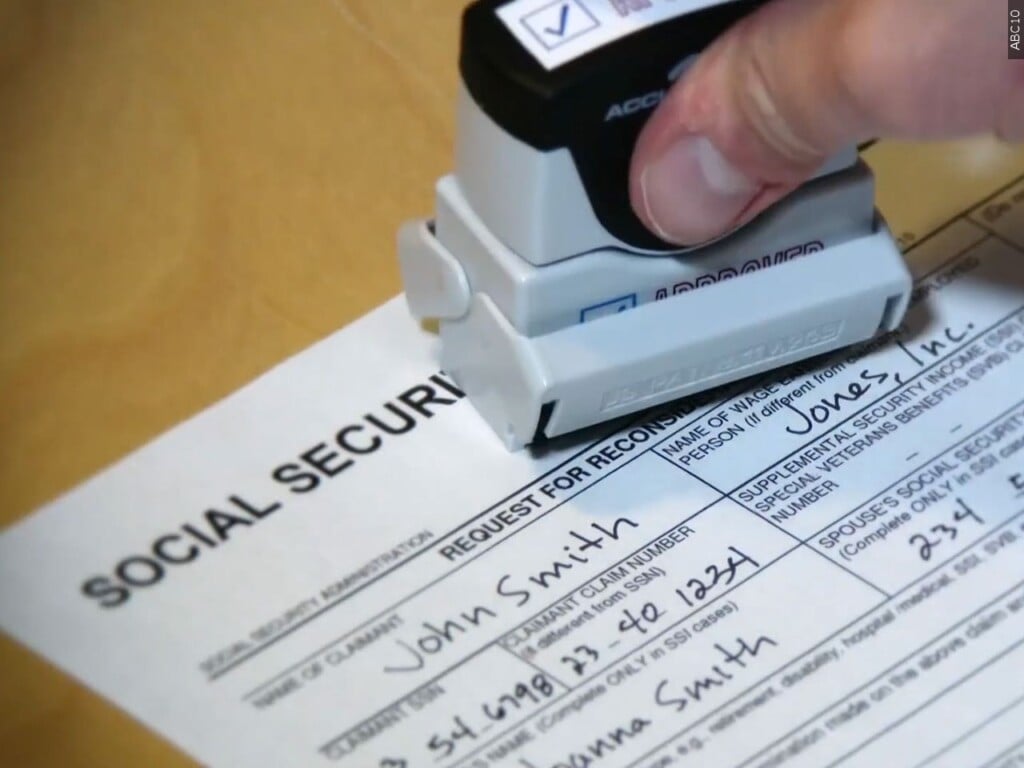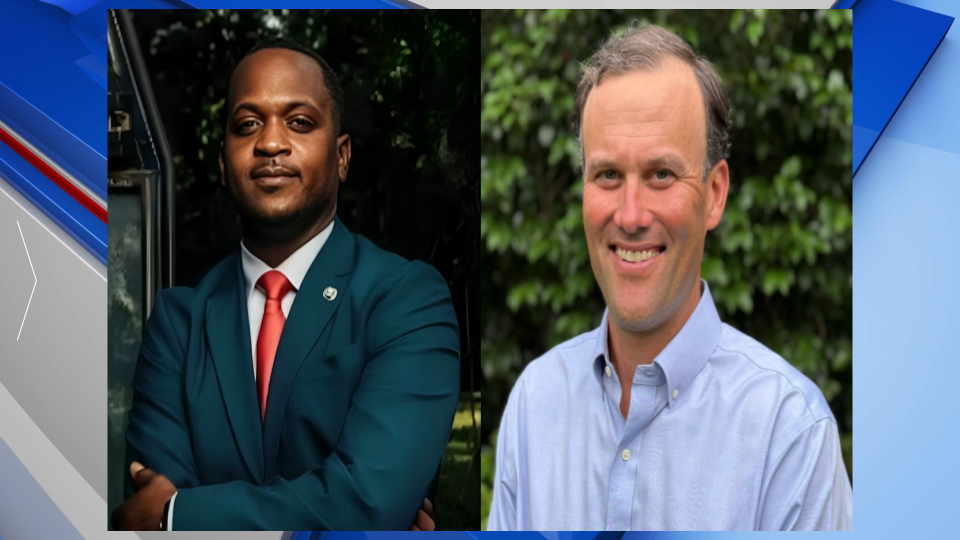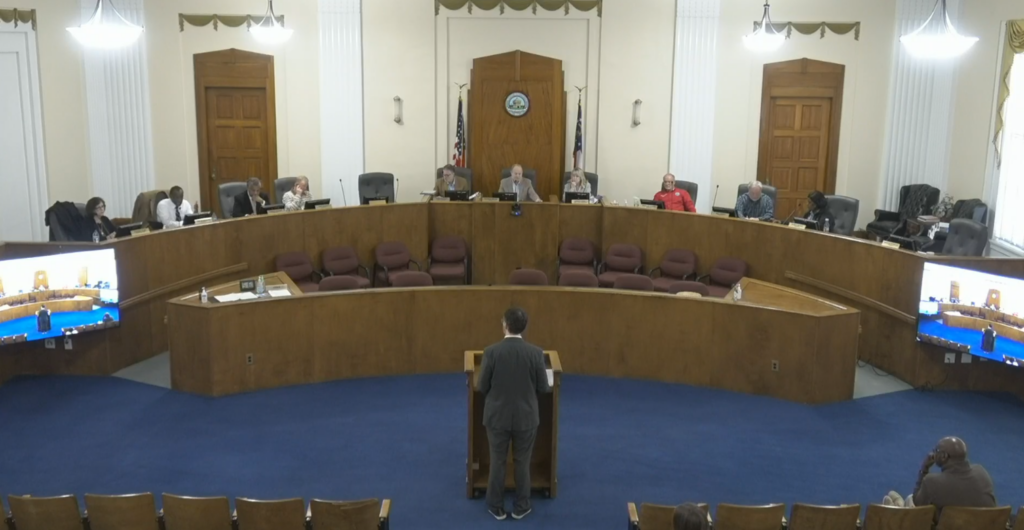New social security rules aim to reduce fraud, critics raise concerns
Changes to Social Security policies set to take effect at the end of March could make it harder for some Americans to access their benefits.

(CNN)- Changes to Social Security policies set to take effect at the end of March could make it harder for some Americans to access their benefits. The Trump administration says the new rules are intended to combat fraud, but critics argue they will create unnecessary barriers for seniors and people with disabilities. One of the key changes, starting March 29, will prevent beneficiaries from changing their bank account information by phone. Another, beginning March 31, will require those unable to verify their identity online to visit a Social Security field office in person. However, these changes come as the agency is closing some field offices and reducing its workforce by about 12%.
White House Adviser Elon Musk defended the new policies, saying, “By tackling the waste and fraud in entitlements like Social Security and Medicare, we can actually preserve these programs for the future.” But some lawmakers see the changes as an attempt to undermine the program. “They can essentially interfere with your ability to get your Social Security check that you’ve earned,” said Sen. Adam Schiff (D-CA). Sen. Bernie Sanders (I-VT) also criticized the requirement for in-person visits, noting that many Social Security offices are closing, making access even more difficult.
While online services will remain available, concerns persist over how seniors—many of whom rely on traditional methods of communication—will adapt. “It bugs the crap out of me, but my mom uses the damn landline, and that’s how she does things,” said Gov. Tim Walz (D-MN).
Despite the pushback, President Donald Trump and Republican lawmakers insist they have no plans to cut Social Security. “We’re going to love and cherish Social Security, Medicare, Medicaid,” Trump stated.
Still, critics argue the recent changes suggest a long-term effort to weaken the program. “These are not coincidental happenings,” Schiff warned. “There’s a design behind this, and it is to try to make these programs die on the vine.”



